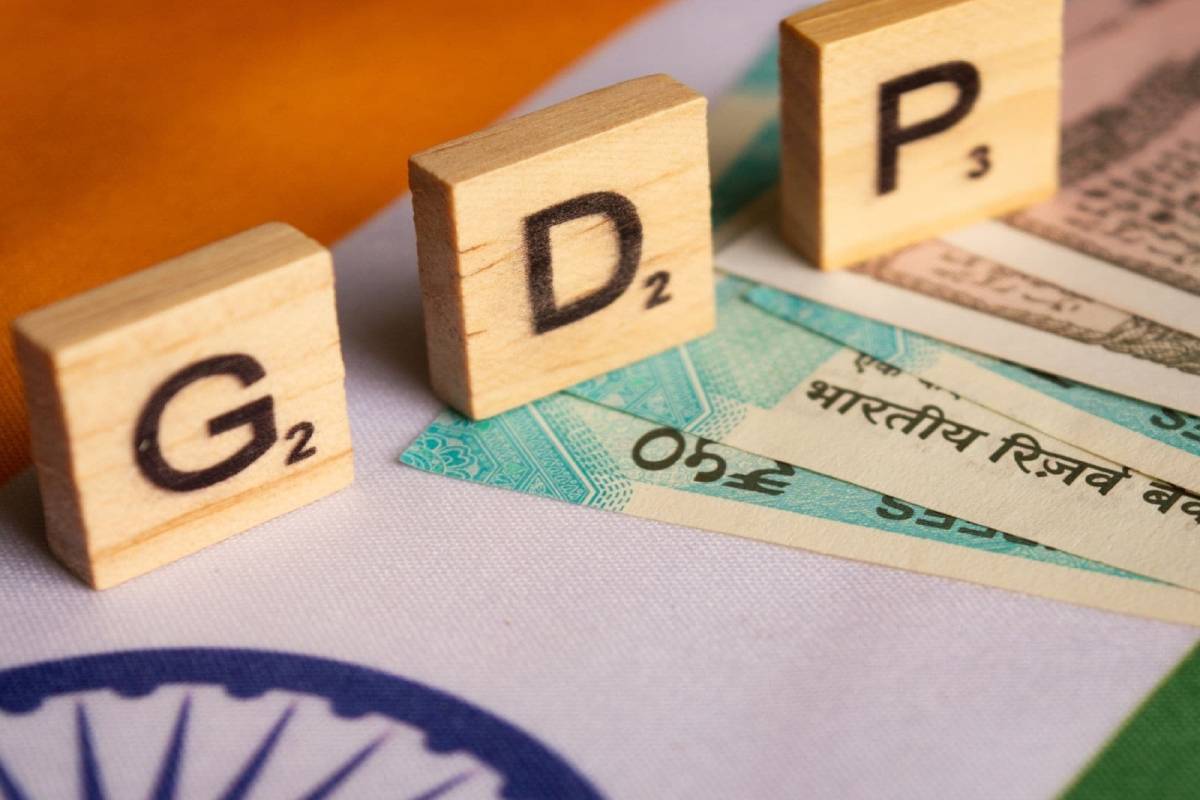Two dead as car plows into crowd in Germany’s Mannheim
At least two persons have been confirmed dead, and several others injured after a car plowed into a crowd in downtown Mannheim, a city in southwestern Germany, on Monday, local police said.
Germany’s economy is recovering faster than previously expected, with GDP set to grow by 0.3 per cent in 2023, according to a joint forecast published by the country’s leading economic institutes.

Representational image (File Photo)
Germany’s economy is recovering faster than previously expected, with GDP set to grow by 0.3 per cent in 2023, according to a joint forecast published by the country’s leading economic institutes.
Supply-side disruptions that had weighed on Europe’s largest economy were easing, according to the RWI –Leibniz Institute for Economic Research, the Halle Institute for Economic Research (IWH), the Kiel Institute for the World Economy and the ifo Institute on Wednesday.
Advertisement
Germany’s manufacturing sector is expected to support economic activity in the coming quarters, “benefiting directly from the easing of supply bottlenecks and cheaper energy,” the institutes said. Back in the autumn of 2022, the institutes had still predicted a mild recession of 0.4 per cent.
Advertisement
“As real wages pick up again, private consumption will also contribute to the overall economic expansion in the further course,” the institutes added. Germany’s construction sector, on the other hand, is expected to slow the economy, Xinhua news agency reported.
Demand for residential construction is to remain particularly weak, according to the joint forecast. This is partly due to the high financing costs which are to rise even further as the European Central Bank continues to tighten its monetary policy to fight inflation.
Although the peak has been reached, a “noticeable decline in consumer price inflation will still be some time coming, as the demand pull is likely to continue for the time being.” The institutes expect annual inflation in Germany to fall to six per cent in 2023.
Advertisement